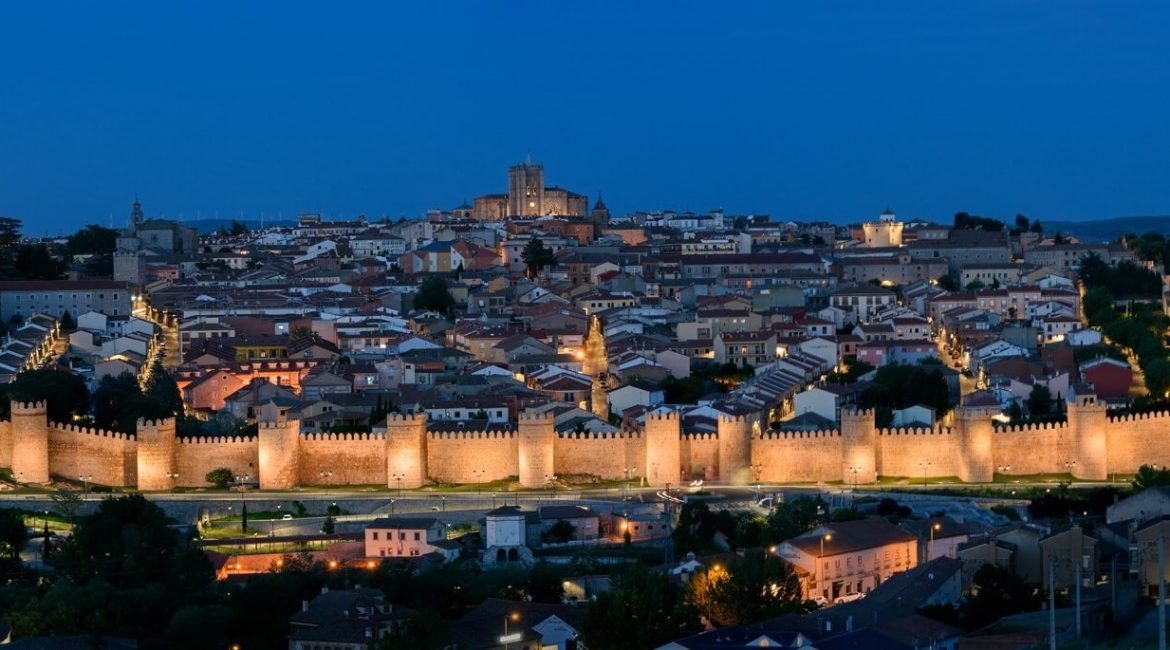I was recently in Madrid and am now in the picturesque, heritage town of Avila for an interfaith conference between Vajrayana Buddhists and Catholics. Around 100 people are participating in this symposium from the 25th to the 28th of July, with the Buddhist side being represented by The University of Hong Kong’s Center of Buddhist Studies. Being here brings back fond memories from 2017, when the first conference of this type was convened at CITeS, or the International Teresian-Sanjuanist Center (I prefer to call it the mystic university). In 2017, former CBS director Ven. Hin Hung led the CBS delegation. This time, Giorgios Halkias, the current director, leads the group of Buddhist scholars and practitioners.
This series of conferences has been close to my heart because I have always been interested in a theologically sound and deep engagement between the world’s great religions. This is what academics would call “the theology of religions” – not the theology of a specific religion, but exploring the theological meaning of the existence of so many.
I completed my undergraduate studies with a dissertation between Shantideva and Thomas Merton. Before I began working at Buddhistdoor Global, I revisited this academic interest with a Master in Christianity and Interreligious Relations at the now closed Heythrop College. I remain a trustee of the Heythrop Association, which continues the Heythrop legacy that has enriched philosophy and theology students’ lives since 1614.
Based on this history, despite not being a scholar of religion, I like to think that my history with interfaith dialogue has been less than surface-level. Even so, interfaith dialogue is not an easy task. How does one maintain difference and distinction while trying to establish new but legitimate bridges – all the while being mindful of one’s intentions and aspirations of hospitality and friendship?
The great challenge of conferences like these is establishing not only mutual goodwill (conversation over conversion), which everybody wants. It is easy and desirable to be friends. But it is intellectually, theologically, and sometimes emotionally challenging to establish a lasting collaboration where common rubrics of encountering the truth or the ultimate will be pursued. Metaphysics is difficult to build on, while the very orientation of Christianity as a theistic faith and Buddhism as a non-theistic tradition presents a fascinating if challenging starting point that has, fortunately, not put off Catholics from organizing interfaith symposiums in the past.
Ethics of love and self-giving, the defeat of war and violence by peace, and mutually resonant iconography and symbolism are some of the stronger foundations of interfaith dialogue. Comparative theology, which could be said to be a more specific sub-discipline of the theology of religions, aims to get into the meat of texts, running one from two given traditions alongside each other in an attempt to glean meaning from not only possible common spiritual truths found between the two, but also from the very experience of comparing texts.
Over the next few days, my colleague Justin and I will be exploring deeper ways to theologically dialogue with our Catholic brothers and sisters, in particular how the Teresian mystic way, shaped by Saint Teresa of Avila and John of the Cross, can enrich a “Buddhist theology of religions.” This should be our ambition as we aim high and shoot for the stars. There has never been a better opportunity since 2017 to develop such a roadmap for Buddhist engagement with other faiths.
Related features from BDG
Tibetan Buddhism and Carmelite Spirituality: An Inter-religious Meeting in Ávila, July 2024


